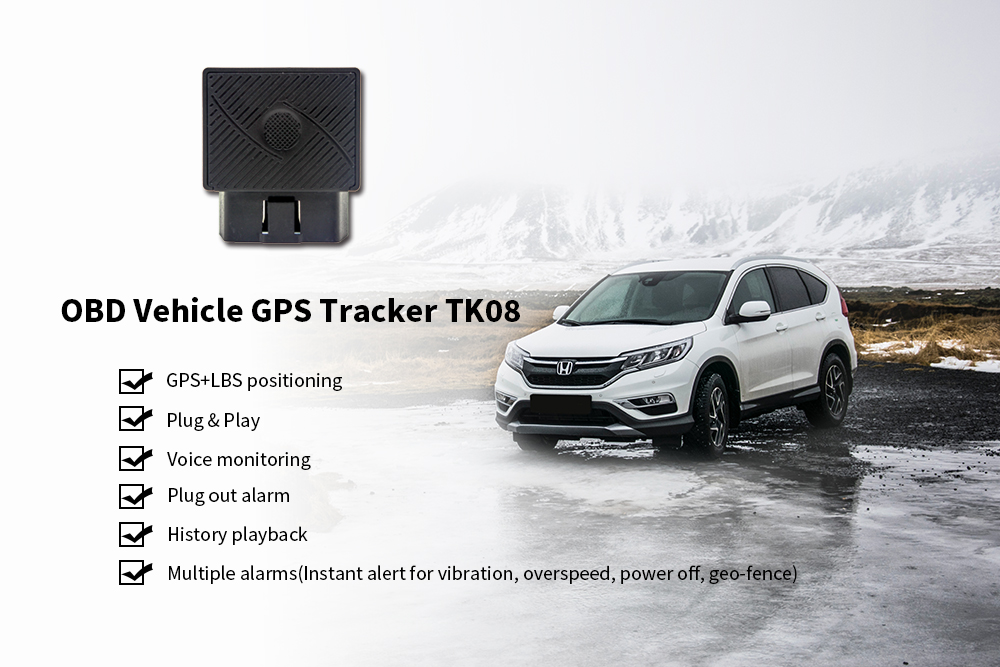

Fleet management refers to managing organizational processes by employing GPS tracking to ensure fleet safety. Fleet managers use location tracking to acquire fleet data and run the data through advanced algorithms to warrant the security of a company’s vehicles and assets. As mobile fleet management has various moving parts and variables, a dependable fleet GPS tracking system is required to make operations smooth and efficient.
Hengjikeda can help your business better manage its fleet vehicles. Below, let’s take a closer look at what a fleet management solution is and how GPS fleet tracking can help a company optimize vehicles from having access to real time traffic conditions to allowing you to track your fleets’ every position!

What Is a Fleet GPS Tracking System?
Fleet GPS tracking is an onboard management system that companies use to monitor the activity of their assets and employees as assets move across the supply chain.
GPS tracking systems offer near real-time visibility for fleet managers. This, in turn, provides instant access to a variety of shipping data points over an easily accessible dashboard.
In the past, drivers only had radios and phones for communicating with managers and colleagues. But now, most communication takes place using smartphones and tablets.
For example, a driver may leave the loading dock in the morning and stay in constant communication with shipping managers throughout the day. With GPS tracking, managers can observe progress. And they can also provide tips and updates to make deliveries shorter and safer.
How Does Fleet GPS Tracking Work?
Simply put, fleet GPS systems use GPS tracking devices to capture, store, and transmit data to cloud platforms.
To illustrate, fleet GPS systems can record information about vehicle speed and location. Some also report advanced metrics—including idling time, fuel consumption, braking, and acceleration.
Features and quality tend to vary from provider to provider. Some vendors offer low-end, budget tracking systems. And others offer comprehensive platforms with a variety of features.
The Benefits of a Fleet GPS Tracking System
An efficient fleet tracking solution gives business owners a plethora of benefits. Now that you have a better idea of what GPS tracking systems are, let’s turn our attention to some of the benefits this technology delivers.
Protect Vehicles
Systems that track braking and acceleration metrics can give managers more insight into driver habits. Managers can use this data to better train drivers and help improve vehicle lifespans. This can save a lot of money in the long run.
Maintain Customer Satisfaction
One of the biggest benefits of using fleet GPS tracking systems is that companies can find the best possible routes for drivers.
This reduces delays and helps companies ensure they are getting products to their destinations faster. At the same time, it also results in happier customers, fewer complaints, and less churn.
Reduce Waste
GPS systems can help drivers avoid traffic jams in certain cases, reducing idle time and cutting back on pollution. This can save money as well because it reduces fuel waste.
As such, fleet GPS management is critical for companies that want to cut back on emissions and improve their sustainability efforts.



